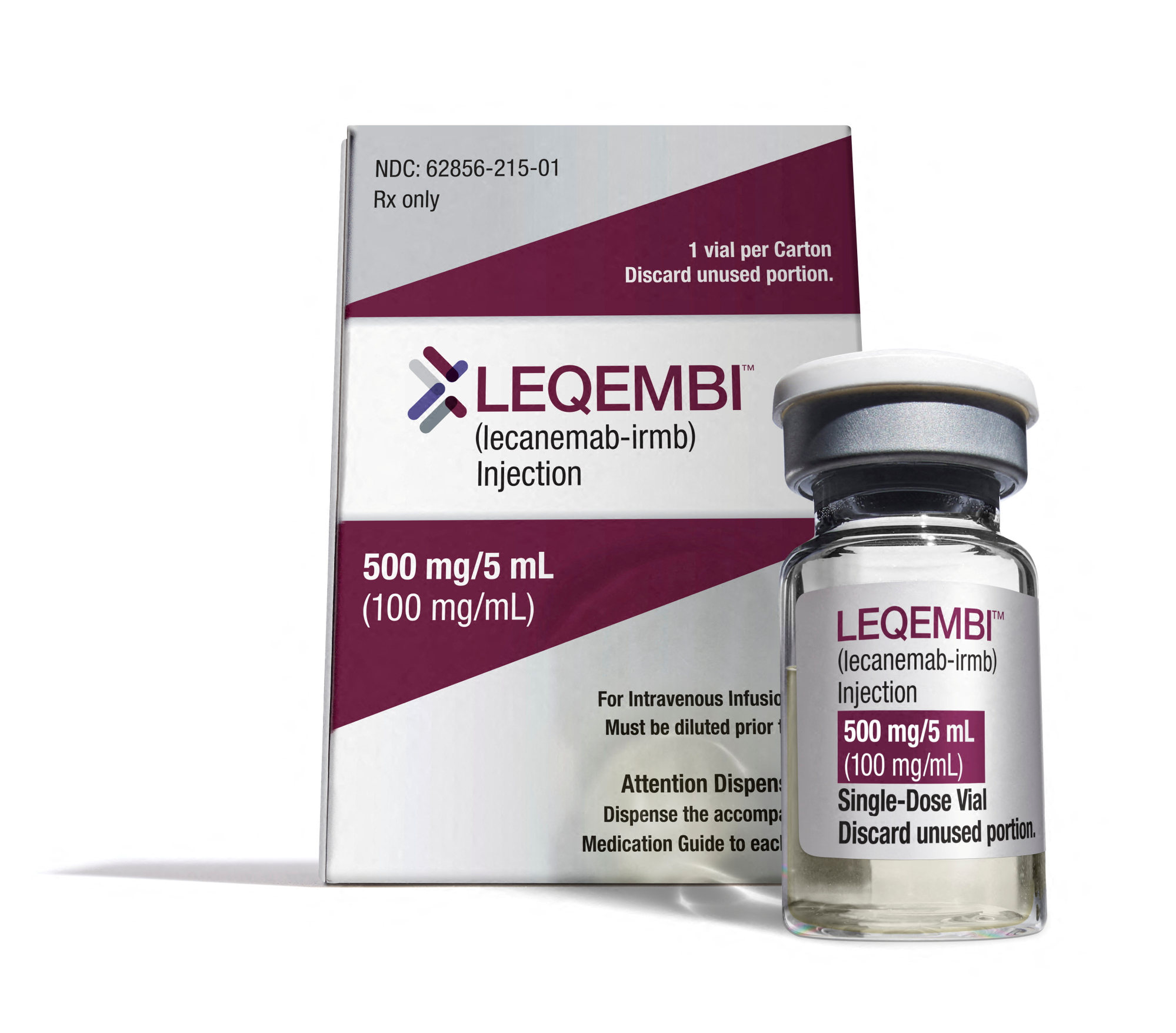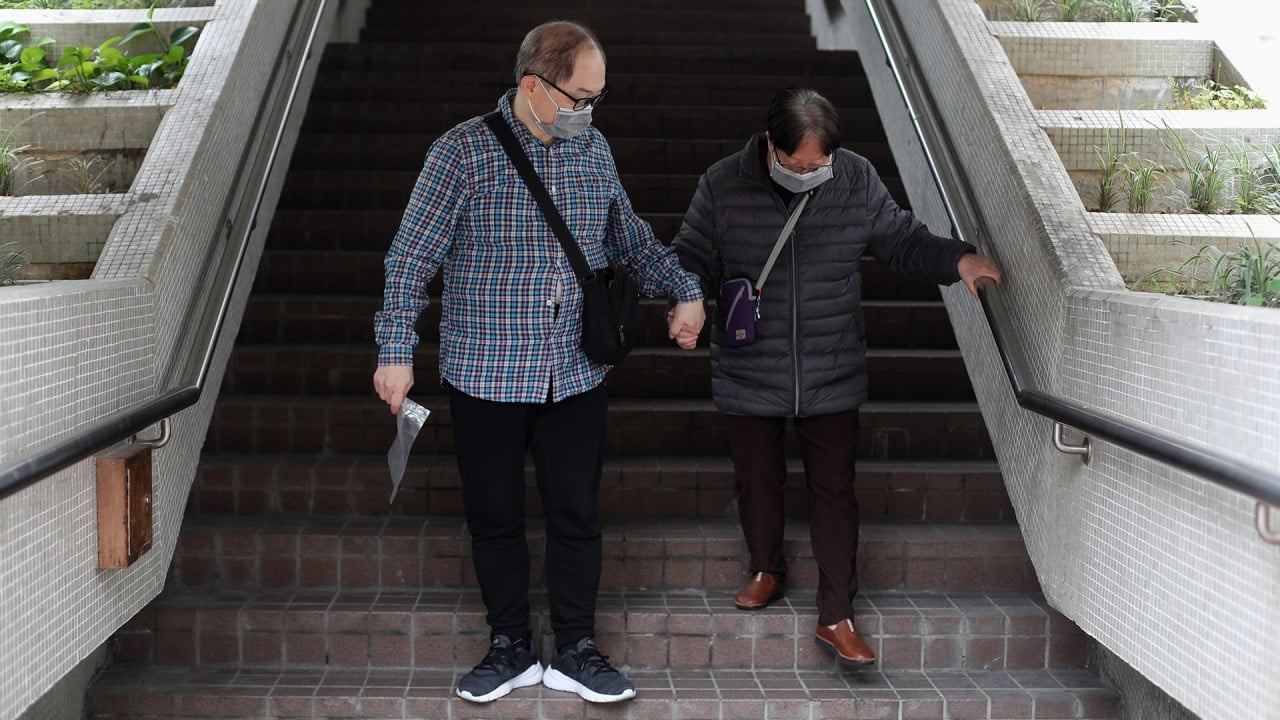China has approved a drug to treat Alzheimer’s, becoming only the third country after the US and Japan to fast track its sale to treat the irreversible and progressive brain disorder.
The nation’s drugs regulator on Tuesday said Leqembi, an antibody that has shown to slow progression of the disease for people in the early stages of Alzheimer’s, can be sold in the country.
The drug’s joint developers, Eisai of Japan and Biogen of the US, said the drug will be launched in China as early as the third quarter of 2024. It was fast-tracked by the US Food and Drug Administration in July 2023 followed by Japan’s health ministry in September.
Eisai, which is taking the lead on distributing the drug in China, has yet to announce a price for Leqembi in the country.

In the US, the therapy is priced at US$26,500 annually and at about 2.98 million yen (US$20,500) annually in Japan, according to media reports. A fair price for the drug would be between US$8,900 and US$21,500 per year, the US drug cost-effectiveness organisation ICER said in May.
Alzheimer’s disease is a type of dementia that impairs memory and thinking skills. Its symptoms slowly progress and eventually become severe enough to interfere with the patient’s ability to carry out simple daily tasks.
Leqembi binds to and reduces soluble and insoluble amyloid-beta deposits from the brains of Alzheimer’s patients. The deposits are linked to the development of the disease.
It is the first drug in the world that has proven to slow the progression of the disease and related cognitive and functional declines using this mechanism, and the only one that has obtained approval from regulators, according to a statement from the drug’s developers.
Some 10 million people in China currently suffer from Alzheimer’s and related dementias, and the number is expected to approach 40 million by 2050 as the country battles with a rapidly ageing population, according to a research report from BioMed Central, a UK-based for-profit scientific open access publisher under Springer Nature.
From 2020 to 2050, the number of Chinese people aged 65 years and above is expected to more than double from 172 million to 366 million, and their proportion relative to the country’s total population is expected to grow from 12 per cent to 26 per cent during the period, according to estimates.
Eisai said it will distribute its product in China through “specialised medical representatives”, and it will also collaborate with specialists to improve the disease’s diagnostic environment.
The pharmaceutical company said it will offer its services, including early consultations via a third-party medical specialist and follow-up treatments through Yin Fa Tong, an online health platform under Chinese e-commerce giant JD.com.


